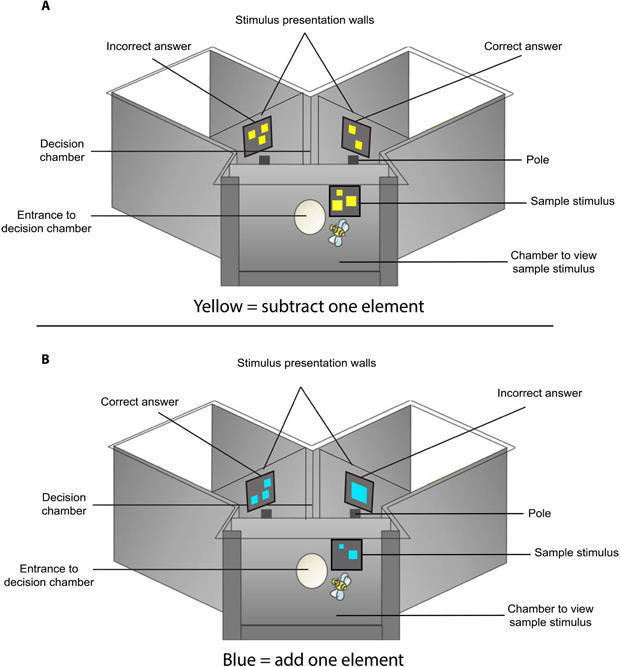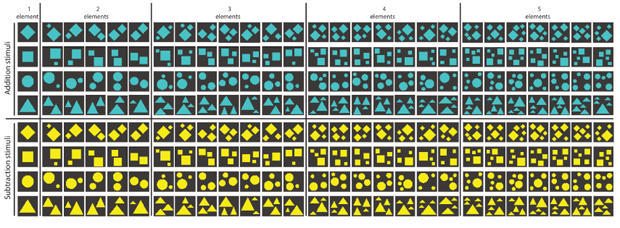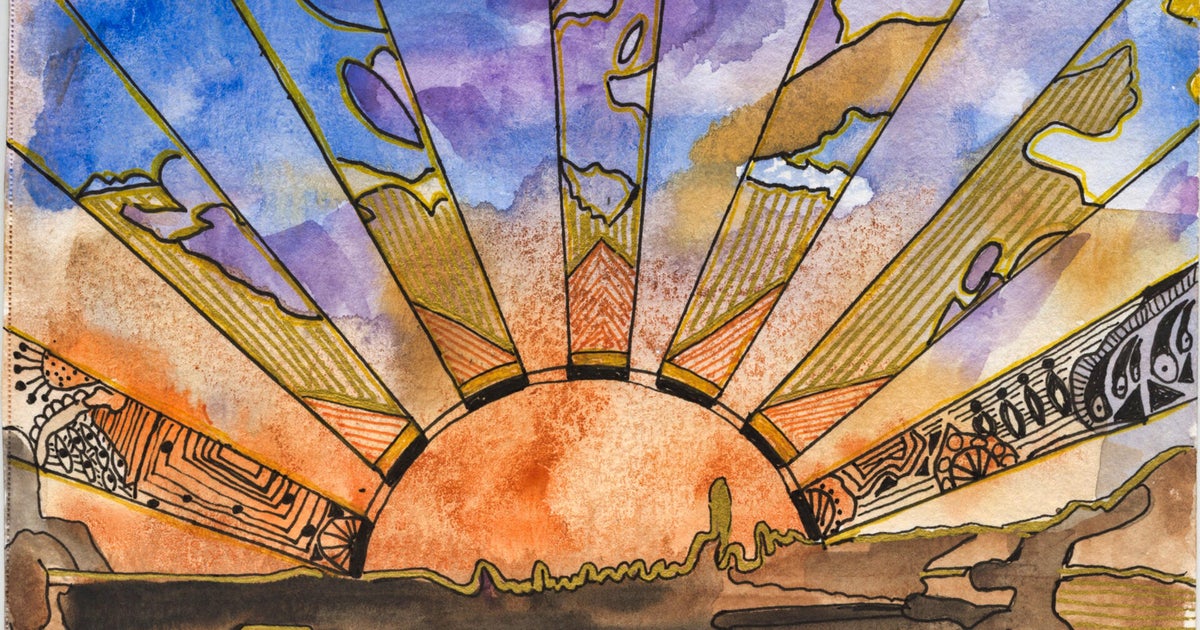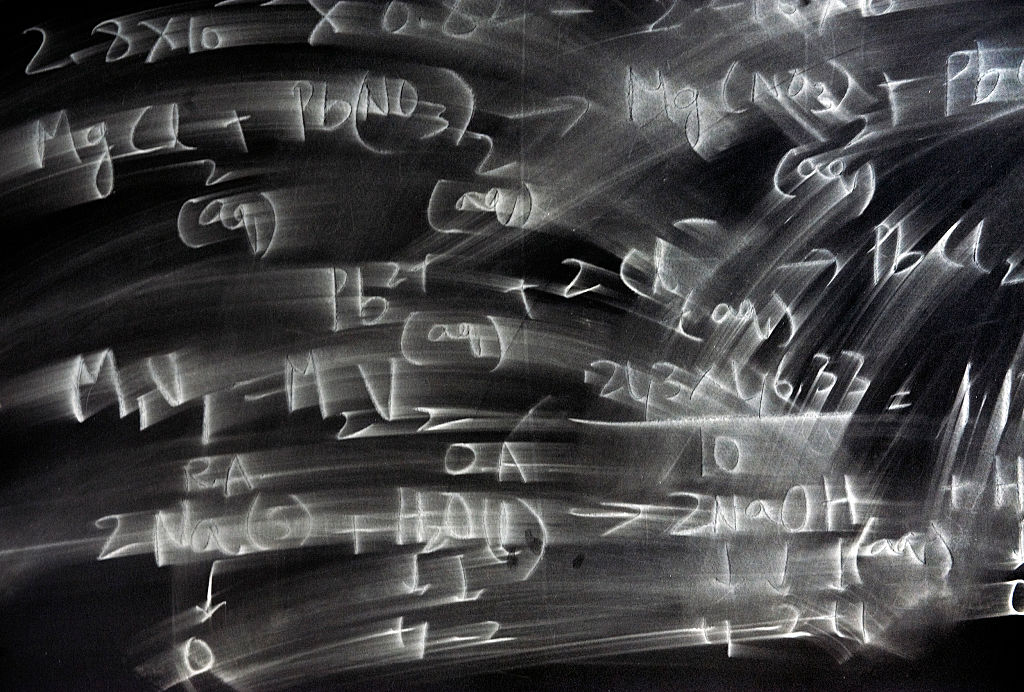Scientists prove bees can do math
Numerical skills – being able to use symbols or labeling to perform arithmetic functions, such as adding and subtracting – has been thought to be accessible only to a limited number of nonhuman species. (Chimpanzees, pigeons, spiders and parrots have demonstrated such abilities). However, scientists have discovered that some math skills can be demonstrated by bees.
In the February issue of Science Advances, researchers from Australia and France describe how honeybees can use colors and symbolic representations to calculate addition or subtraction.
In the experiment, free-flying honeybees (Apis mellifera) entered a maze where they could obtain a reward (sugar) or punishment (quinine), depending upon whether they chose a correct or incorrect response to color stimulus mandating that they choose a certain number of elements (shapes of diamonds, circles, triangles or squares) that was greater or lesser. By showing the bees yellow or blue as cues, they were prompted to subtract or add to go to the proper site to obtain the reward, through their ability to calculate visual representations of a number to obtain the desired outcome.
The bees were then tested again, without rewards.
The experiment was limited to number quantities between 1 and 5.
The report's authors (Scarlett Howard, Aurore Avarguès-Weber, Jair Garcia, Andrew Greentree and Adrian Dye) write, "It would be valuable to examine bee performance on large number quantities to determine whether they could use approximation or exact arithmetic to solve similar large-number arithmetic problems."
The authors add, "Each individual bee appears to learn differently, possibly due to the random presentation of stimuli and by individual differences in cognitive abilities." In other words, some bees are brighter than others.
For more on the experiment go to Science Advances.





